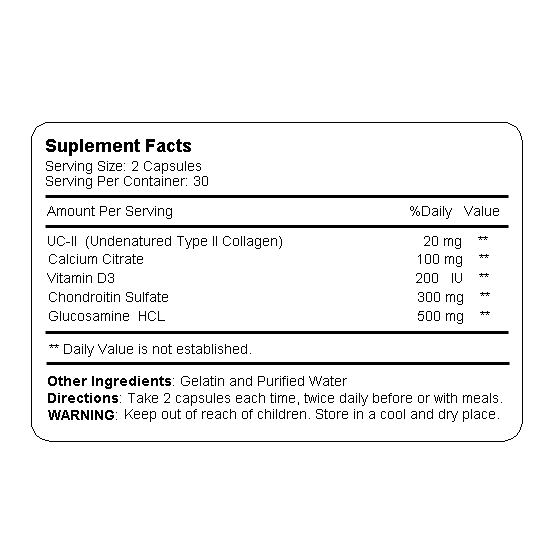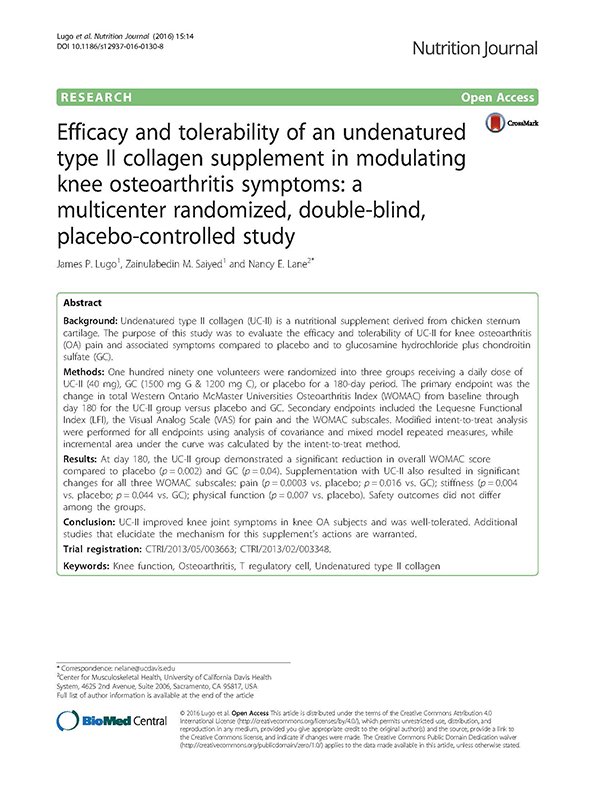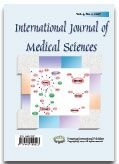DahliaPro (Sugar Balance)
Introduce

The extract of Dahlia pinnata petals
- The petals of dahlias contain three molecules that together may help people with prediabetes or diabetes control their blood sugar levels, according to new research.
- These molecules reduce brain inflammation, which in turn improves insulin function.
- The discovery may bring a measure of blood sugar control to millions of people worldwide who lack access to medications that are both expensive and often unavailable.
The extract of Dahlia pinnata petals has emerged as a promising candidate for managing diabetes, specifically for patients with prediabetes and type 2 diabetes. A comprehensive clinical trial led by the University of Otago in Aotearoa, New Zealand, has explored the efficacy and safety of this natural extract, yielding encouraging results.
Efficacy
The trial, which involved a randomized, controlled, crossover design, demonstrated that compounds in the Dahlia pinnata petals significantly improved blood sugar regulation. Key compounds such as butein, isoliquiritigenin, and sulfuretin were identified as active agents. These compounds work synergistically to reduce inflammation in the hypothalamus, a critical brain region involved in glucose regulation (Otago University) (New Atlas) (RNZ).
In animal models, the extract improved glucose tolerance and insulin sensitivity without any signs of toxicity (EurekAlert!). The human trial confirmed these findings, showing that the extract could improve glucose regulation in participants with prediabetes and type 2 diabetes. The trial's results indicated that even a single dose of the extract could produce measurable improvements in glucose tolerance, and continuous treatment could sustain these benefits (New Atlas) (EurekAlert!). Importantly, the study also found that the extract does not affect normal blood sugar levels and will not cause hypoglycemia, making it a safe option for individuals with varying blood sugar levels (New Atlas).
Additionally, the extract showed significant potential in preventing the progression of prediabetes into diabetes. By improving glucose regulation and reducing inflammation, the extract addresses key factors that contribute to the development of type 2 diabetes from a prediabetic state. This preventive aspect makes the Dahlia pinnata extract particularly valuable for individuals at high risk of developing diabetes, offering a natural intervention that can halt or slow the disease's progression (EurekAlert!) (RNZ).
Safety
The safety profile of the Dahlia pinnata extract was rigorously evaluated. Participants in the clinical trial did not report significant adverse effects, suggesting that the extract is well-tolerated. Pre-treatment and post-treatment blood tests indicated no adverse impact on liver or renal functions, confirming the extract's safety for human use (New Atlas) (RNZ).
Prospects for Treating Diabetes
The promising results from this trial open new avenues for diabetes treatment. The natural origin of the extract and its dual action on reducing inflammation and improving insulin sensitivity make it an attractive alternative or adjunct to existing diabetes therapies. Given its safety and efficacy, the Dahlia pinnata extract could potentially be developed into a dietary supplement or a complementary treatment alongside conventional diabetes management strategies.
Future research will likely focus on optimizing the extraction process, determining the most effective dosages, and exploring long-term benefits and potential side effects in larger and more diverse patient populations. If these subsequent studies confirm the initial findings, the Dahlia pinnata extract could become a significant tool in the global fight against diabetes, providing a natural, effective, and safe option for millions of patients worldwide (Otago University) (EurekAlert!) (RNZ).
- *This statement has not been evaluated by the Food and Drug Administration. This product is not intended to diagnose, treat, cure or prevent any disease. The information provided on this site is intended for your general knowledge only and is not a substitute for professional medical advice or treatment for specific medical conditions.









